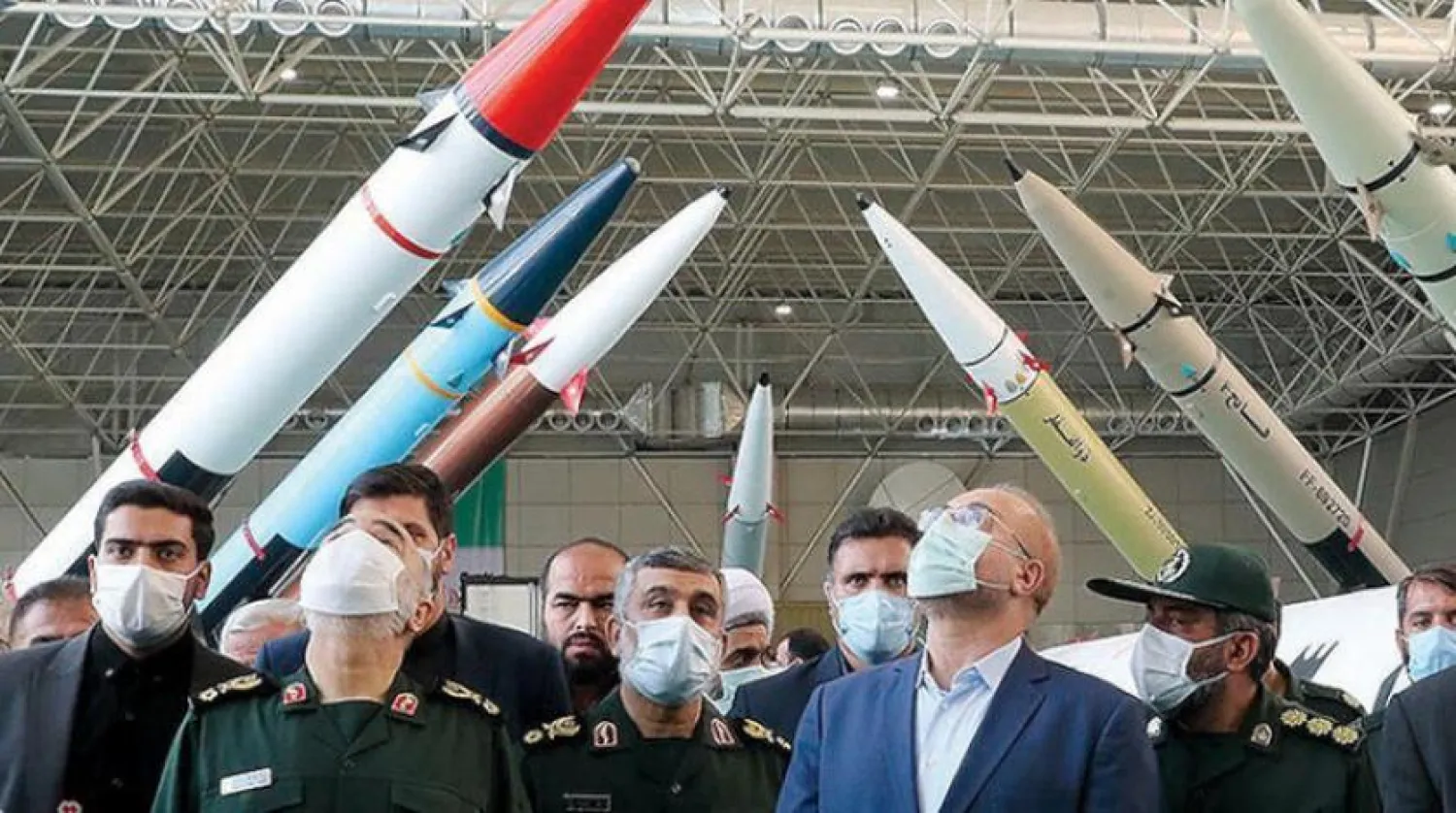Iran's Revolutionary Guards on Sunday unveiled a new naval ballistic missile with a potential range of over 700 kilometers, local media reported.
The missile, dubbed "Zolfaghar Basir", is the naval variant of the surface-to-surface Zolfaghar ballistic missile, according to Tasnim news agency.
Its range is more than twice that of Iran’s other naval missiles, including the "Hormuz-2", with a range of 300 kilometers, which Tehran said it successfully tested in March 2017.
Tasnim did not specify whether or not the new missile has been tested yet.
Images published by Tasnim showed the Zolfaghar Basir installed on a launcher truck during the inauguration of Tehran's National Aerospace Park on Sunday.
"This exhibition shows the comprehensive plan of the deterrent power of (Iran's) system," Guards commander Major General Hossein Salami said at the inauguration, according to Tasnim.
The unveiling of the Zolfaghar Basir comes more than a week after an American aircraft carrier crossed the strategic Strait of Hormuz, and days after the Guards opened a new naval base near the waterway.
Tensions have soared between Washington and Tehran under US President Donald Trump, who pulled out of a landmark 2015 nuclear accord and unilaterally reimposed sanctions on Iran.









